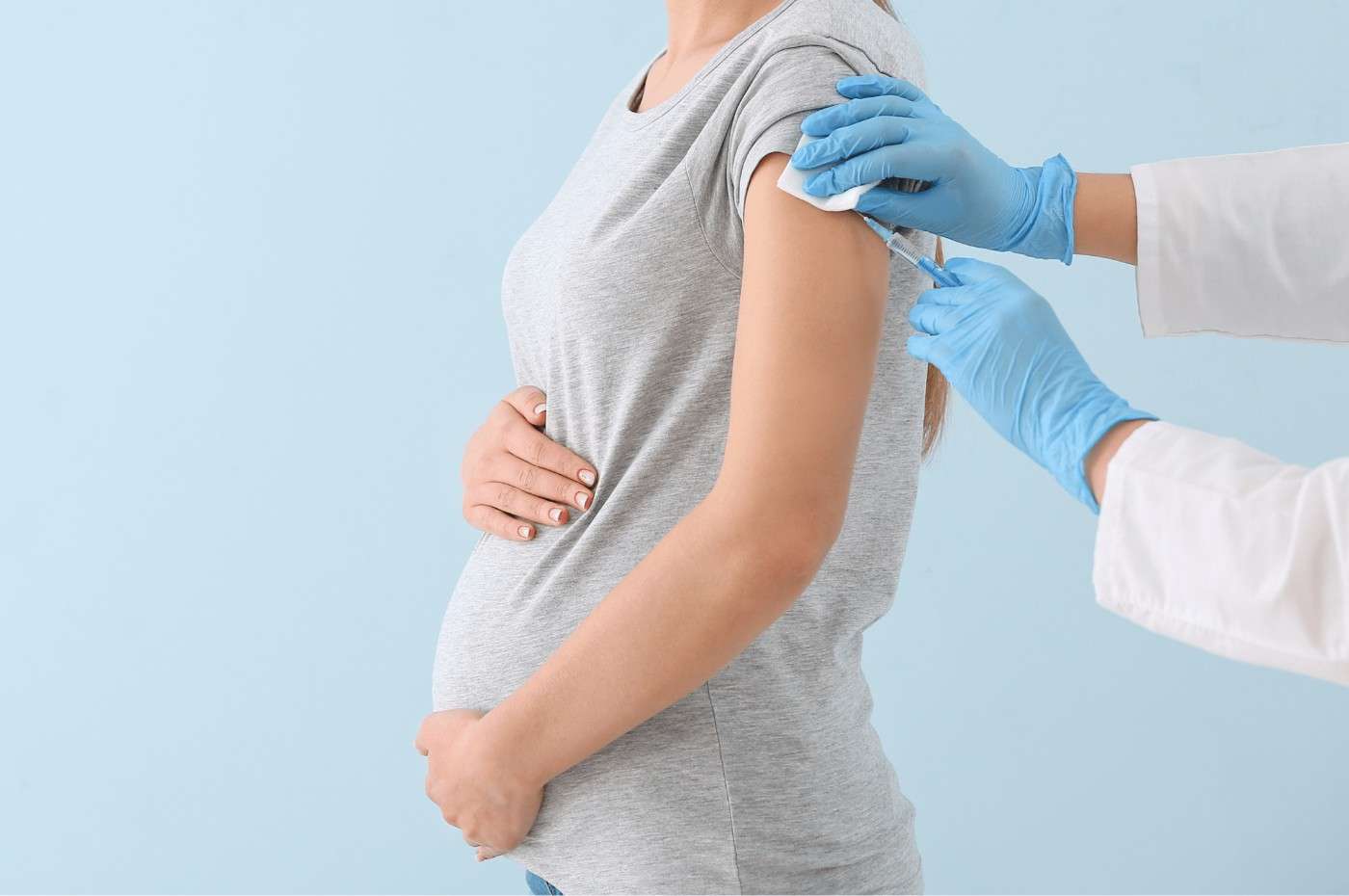Vaccination for Women in Bangalore

Women’s health covers a vast array of medical concerns, with vaccination for women in Bangalore being a cornerstone of disease prevention and health maintenance. Vaccinations are especially important for preventing infections that can have serious long-term consequences. This guide provides an in-depth look at essential vaccinations for women in Bangalore, focusing on the Human Papillomavirus (HPV) and other critical vaccines, along with their importance, target groups, and additional health measures like HPV testing.
HPV Vaccination and Testing
Human Papillomavirus (HPV) Overview:
HPV is a common sexually transmitted infection, with more than 100 different types. Some types of HPV cause genital warts, while others are high-risk and can lead to various cancers, including cervical, vaginal, vulvar, anal, penile, and oropharyngeal cancers. Most HPV infections are asymptomatic and are cleared by the immune system, but persistent infections with high-risk types can lead to cancer.
HPV Vaccination:
The HPV vaccine is designed to protect against the most dangerous types of HPV. It is crucial for preventing HPV-related cancers and is recommended for both females and males to reduce the spread of the virus.
- Target Age Group:
- Girls and Boys aged 11-12: Vaccination at this age ensures protection before potential exposure to HPV through sexual activity. The vaccine series can be started as early as age 9.
- Catch-up Vaccination: For females up to age 26 and males up to age 21 who did not receive the vaccine at the recommended age. Adults aged 27-45 who are at risk for HPV infections may also benefit from the vaccine after consulting with a healthcare provider.
- Vaccine Types:
- Gardasil 9: Protects against nine HPV types, including those most commonly associated with cancer and genital warts.
HPV Testing:
HPV testing is an essential component of cervical cancer screening. The test involves collecting cells from the cervix to check for the presence of high-risk HPV types. HPV testing is recommended:
- For Women Aged 30-65: As part of routine cervical cancer screening, often in conjunction with a Pap test (co-testing) every five years. Alternatively, HPV testing alone can be done every five years.
- When Pap Test Results are Abnormal: To determine if high-risk HPV is present and if further evaluation is needed.
Other Essential Vaccinations for Women
Hepatitis B Vaccination:
- Importance: Prevents Hepatitis B virus (HBV) infection, which can lead to chronic liver disease, liver failure, and liver cancer.
- Who Should Get It: All unvaccinated adults at risk for HBV infection, including healthcare workers, people with multiple sexual partners, individuals with chronic liver disease, and those with diabetes.
Influenza Vaccination:
- Importance: Protects against the flu, which can be particularly severe for pregnant women, older adults, and those with chronic health conditions.
- Who Should Get It: All women should get the flu shot annually, especially pregnant women, as it also provides protection to the newborn.
Tetanus, Diphtheria, and Pertussis (Tdap) Vaccination:
- Importance: Prevents tetanus, diphtheria, and pertussis (whooping cough). Pertussis can be life-threatening for infants.
- Who Should Get It: All adults should receive a Tdap vaccine once, followed by a Td booster every 10 years. Pregnant women should receive the Tdap vaccine during each pregnancy, preferably between 27 and 36 weeks gestation, to protect the newborn.
Measles, Mumps, and Rubella (MMR) Vaccination:
- Importance: Protects against measles, mumps, and rubella, which can have severe complications, particularly in pregnant women (rubella can cause congenital rubella syndrome in the fetus).
- Who Should Get It: Women who have not been vaccinated or lack immunity, except those who are pregnant. Women should avoid pregnancy for at least one month after receiving the MMR vaccine.
Varicella (Chickenpox) Vaccination:
- Importance: Prevents chickenpox, which can cause severe illness in adults and complications during pregnancy.
- Who Should Get It: Women without evidence of immunity to chickenpox, except those who are pregnant. Women should avoid pregnancy for at least one month after receiving the varicella vaccine.
Pneumococcal Vaccination:
- Importance: Protects against pneumococcal diseases, including pneumonia, meningitis, and bloodstream infections.
- Who Should Get It: Women with chronic health conditions (such as heart disease, lung disease, diabetes), smokers, and those aged 65 and older.
Meningococcal Vaccination:
- Importance: Protects against meningococcal disease, a serious bacterial infection that can lead to meningitis and sepsis.
- Who Should Get It: College students, travelers to certain countries, and individuals with specific health conditions (such as a damaged or removed spleen).
Zoster (Shingles) Vaccination:
- Importance: Prevents shingles and its complications, including postherpetic neuralgia (chronic nerve pain).
- Who Should Get It: Women aged 50 and older should receive the two-dose Shingrix vaccine, even if they have had shingles before or received the older Zostavax vaccine.